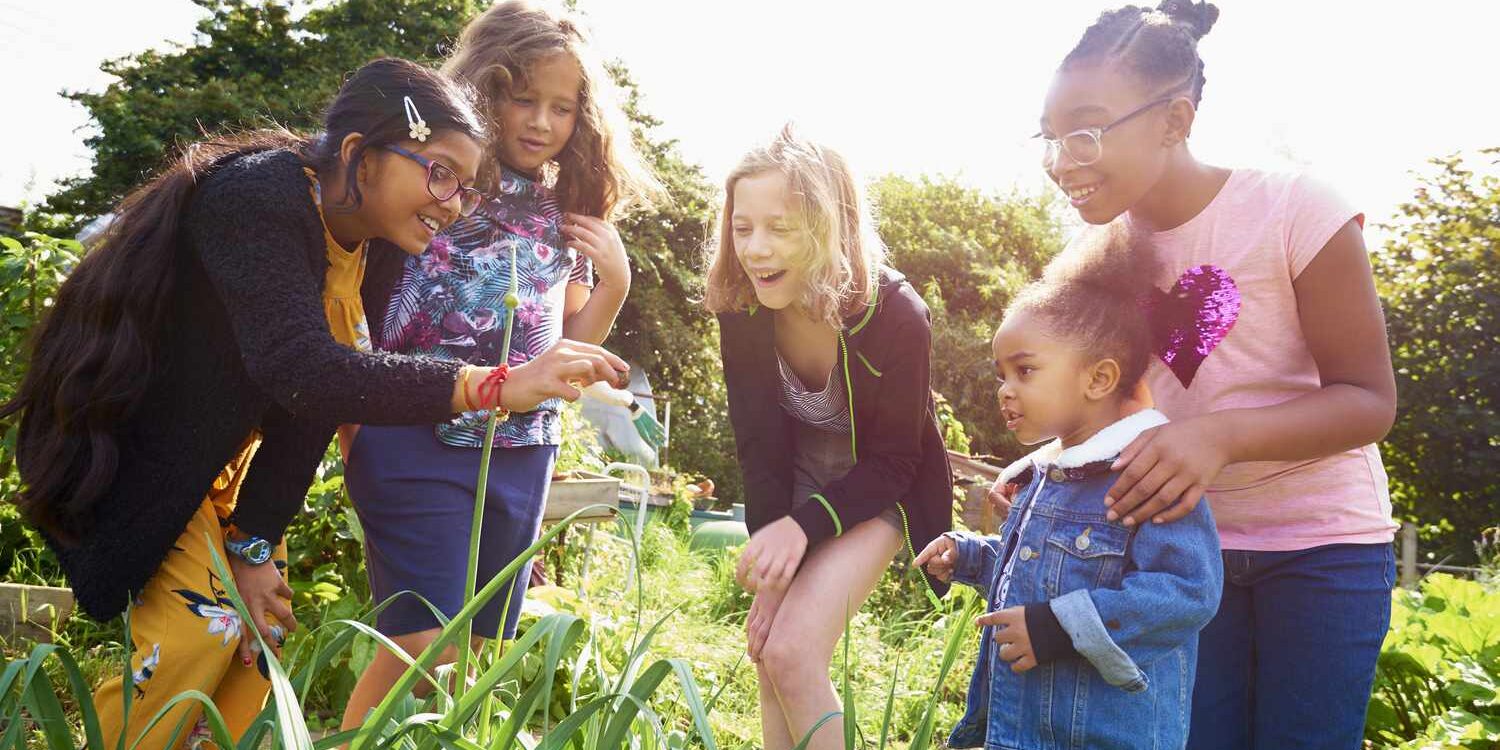As homeschooling becomes more and more common, the age-old question: Are homeschoolers socially awkward? resurfaces.
So, let’s cut right to the chase! Research has proved that homeschooled children have no issue with socializing and making friends.
In a 2019 review of homeschooling, found in the Journal of School Choice, Brian D. Ray, found evidence that 87% of peer-reviewed studies on social, emotional, and psychological development showed that homeschooled students performed statistically significantly better than those in conventional schools.
While homeschool socialization doesn’t quite look the same as being enrolled in a traditional brick-and-mortar school, there are still ample opportunities to socialize and gain friends through other means.
What Is Homeschool Socialization?
Let’s first look at the term socialization. It’s not just about student hangouts or talking to adults. Socialization teaches children the essence of sharing, working together, resolving conflicts, being respectful, and being empathetic towards different multicultural societies. Unlike traditional schooling socialization, homeschool socialization is much more intentional. And, there are several ways through sports or other academic group activities that homeschoolers can gain these benefits!
How do the two connect?
Homeschool socialization generally has a positive impact on social skills because it allows students the freedom to engage more deeply with various types of communities than they typically would when at school all day. For example, at Novel Education, with an average seat time of 15 hours a week, most homeschoolers are only learning for about 3-4 hours a day. That means students can spend the difference on other activities, most of which involve socializing and interacting with people of different ethnicities and ages in their communities. Some students even do a large bulk of their homeschooling with other at-home students through online or in-person group sessions.
Furthermore, according to the article, “Homeschool: The Research” by Brian D. Ray, Ph.D. in the National Home Education Research Institute, homeschooling is quickly growing in popularity among minorities. About 41% of homeschooled families are non-white/non-Hispanic, making it more attainable to interact with other homeschooled peers with diverse backgrounds.
The article also states that homeschooling is the fastest-growing form of education in the United States. Understanding this means understanding that the community of outreach and opportunities for learning in homeschooling settings such as co-ops, are only growing larger and becoming more attainable.
How to Socialize Homeschoolers: Increasing Homeschool Socialization Opportunities
Here are a few ways to increase homeschool socialization opportunities and improve your student’s interpersonal skills, whether it be in person or with peers across the globe.
- Join a homeschool co-op or club. Our partner, Laurel Springs, offers more than 30 online clubs for students to explore and discover their passions. Through regular meetings and gatherings in virtual classrooms, students can choose from a wide range of interests, including Health & Wellness, Leadership, Language, and Travel.
- Participate in extracurricular activities. Just because your student is learning from home, does not mean they can’t participate in after-school or weekend activities such as scouts or painting at the local art store. Some public schools will even allow students to join their after-school programs/activities such as theater or band.
- Join a sports team or studio. Sports are one of the most popular activities for all kids, including homeschoolers. They can join middle or high school sports teams or more competitive club teams.
- Volunteer in the community. Almost every community has volunteering opportunities. Students can volunteer their time at their local library, animal shelter, zoo, or soup kitchen. Volunteering gives homeschoolers a sense of belonging within their community.
- Enroll in an academic class or enrichment program. Various non-profits, museums, science centers, environmental centers, and libraries offer educational classes for kids of all ages. These are a great way for students to experience classroom settings without actually being in one all day.
Homeschooled students have MORE opportunities and time to start or join social groups, discover what they love, and find people with mutual interests along the way!
Homeschooling doesn’t have to mean that your child will never interact with other kids or develop important social skills necessary for survival. There are several social opportunities for homeschoolers out there, you just need to intentionally seek them out!
The Best Bloggers on Homeschool Socialization
Check out some of our favorite bloggers to get a better idea about what homeschool socialization is all about!
1) Simple Homeschool: Ran by a passionate mom of 3 kids, Jamie Martin. She is an author of multiple books and updates her blog daily with behind-the-scenes of homeschooling content.
2) Confessions of a Homeschooler: Ran by a mom who’s been homeschooling her 4 kids since 2006. Content pertaining to younger children, this site offers advice for parents considering putting their child into homeschooling.
3) Weird Unsocialized Homeschoolers: A fun homeschool blog run by a self-proclaimed “quirky” mom of 3 kids. She provides tips on handling your student going through homeschooling along with recommending games for them to play with.
4) Living Montessori Now: A great read for anyone wanting to teach their kids using the Montessori method. Run by a former teacher and mom with a master’s degree in early childhood studies, she provides endless fun, Montessori-inspired activities, and exercises to do.
While the research on homeschool socialization in children can’t tell you what’s best for your child, or guarantee an ideal outcome, we are here to help reassure you that educating your child at home is most likely not detrimental to their overall social development. All you need is a little creativity and research to see the many different social opportunities for homeschoolers to form meaningful relationships with the people around them. Novel Education and its partner Laurel Springs provides platforms for students to engage in meaningful academic and social programs.
Contact us to get started on your home learning journey today!








